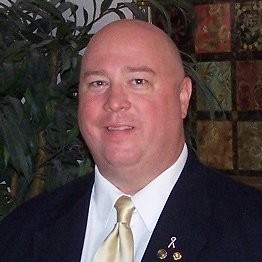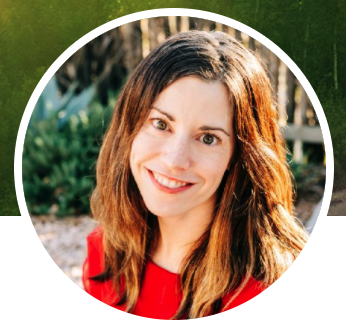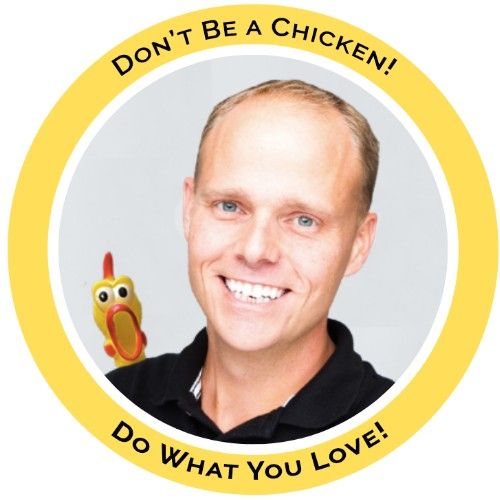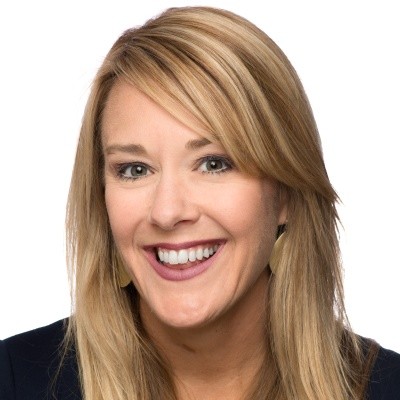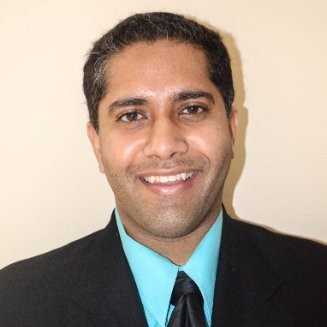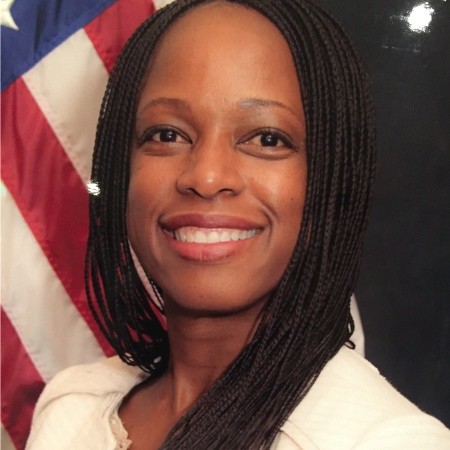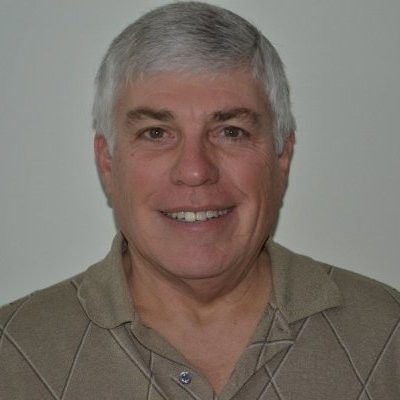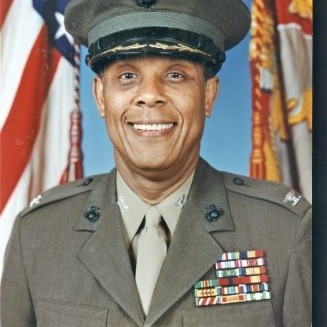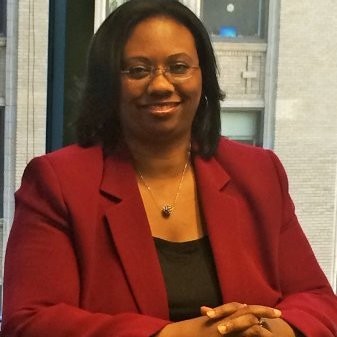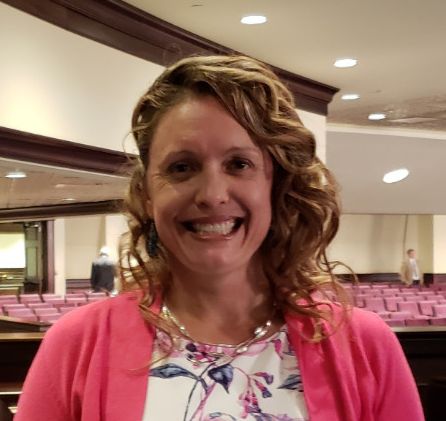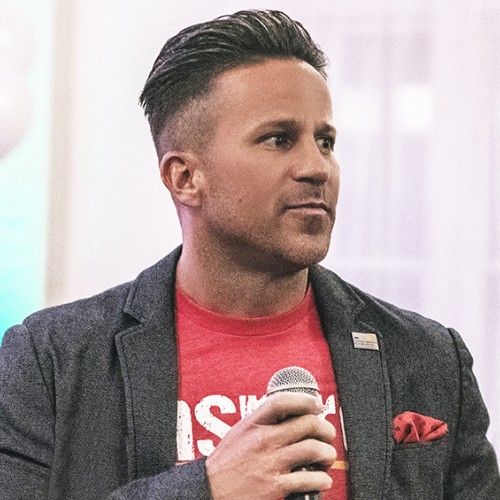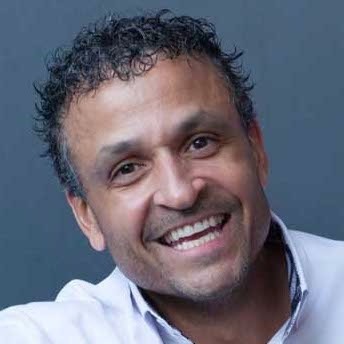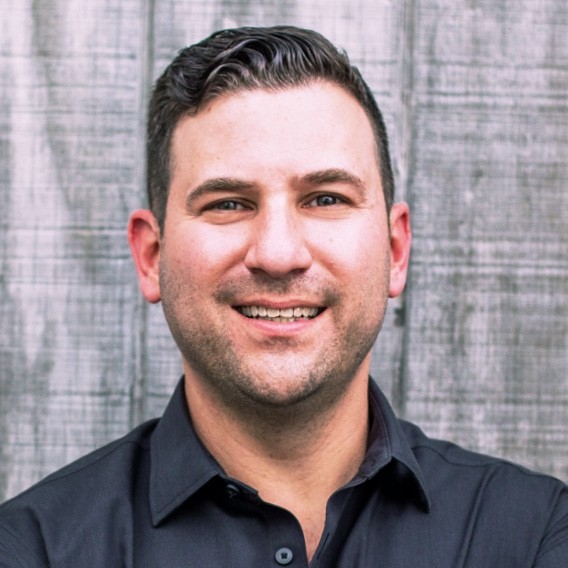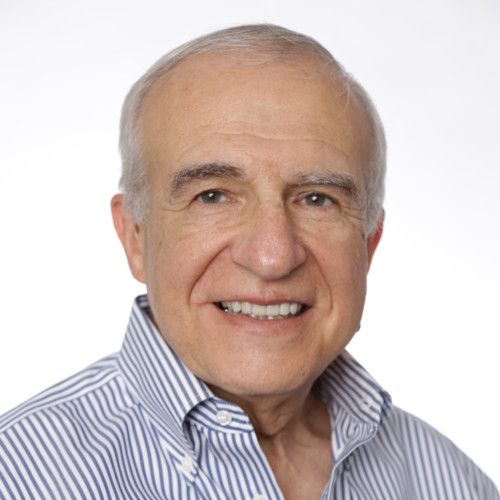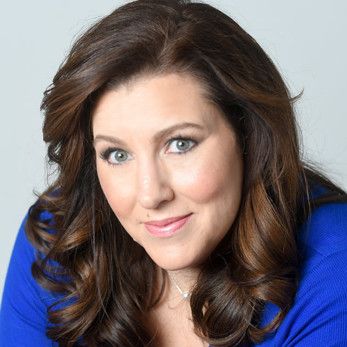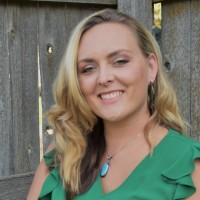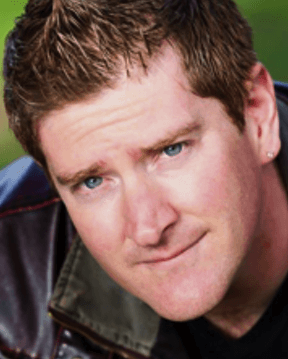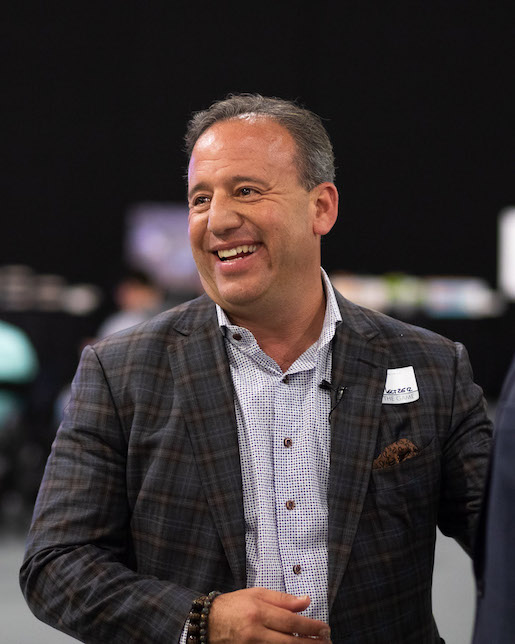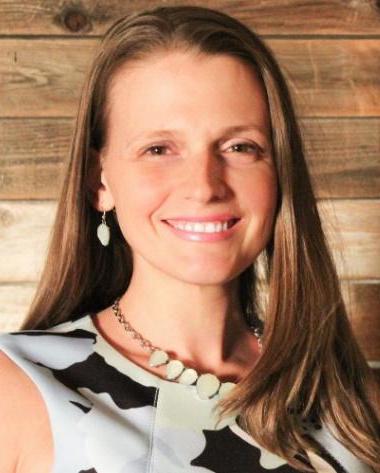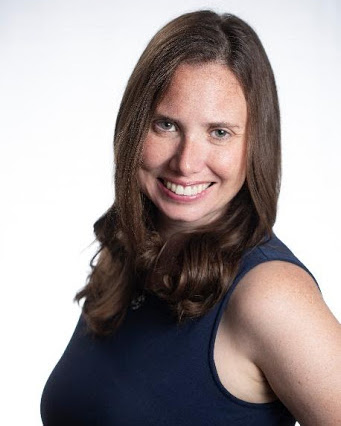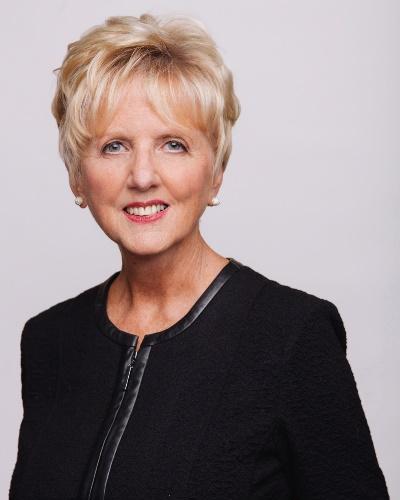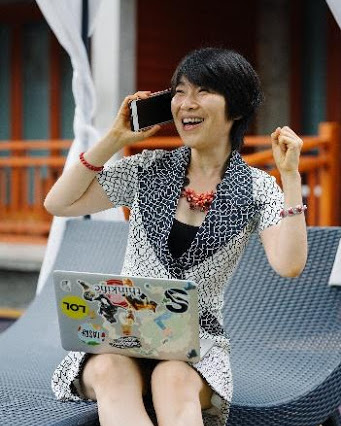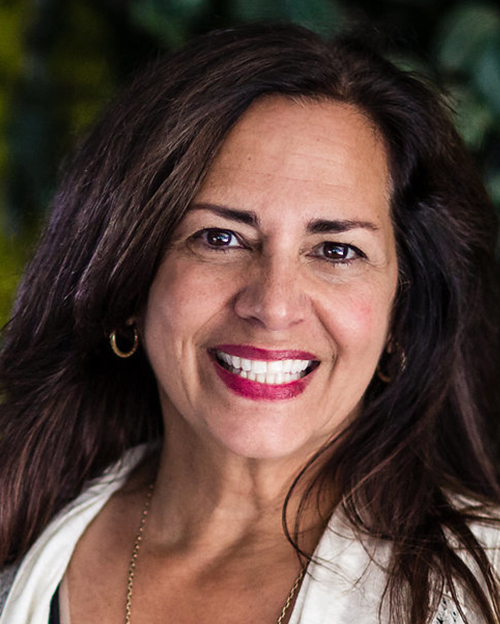A 360-degree assessment helps you understand your professional performance by having both you and your colleagues assess your abilities across several key skills.
The goal of a 360-degree assessment is to identify blind spots and vulnerabilities in your professional skillset. By getting feedback from your colleagues and comparing their perspectives to your self-assessment, you can get a deeper understanding of your work performance.
There are generally 3 outcomes from a 360-degree assessment: 1) somebody has underestimated their abilities, 2) somebody has overestimated their abilities, or 3) somebody is self-aware about their abilities.
This article is going to address some possible problems and solutions that might arise for people who have overestimated their abilities. This article is part of a series I’m writing about Ambition In Motion’s 360-Degree Assessments and how their results should be interpreted. There are ten other articles addressing the two other possible outcomes of a 360-Degree Assessment available here:
This article is going to address some possible problems and solutions that might arise for people who have overestimated their abilities. This article is part of a series I’m writing about Ambition In Motion’s 360-Degree Assessments and how their results should be interpreted. There are ten other articles addressing the two other possible outcomes of a 360-Degree Assessment available here:
Underestimating - People Management, Innovation, Leadership Ability, Communication Skills, and Financial Management
Self-Aware- People Management, Innovation, Leadership Ability, Communication Skills, and Financial Management
When somebody has overestimated their abilities, they are essentially giving themselves a greater score for whatever category is being measured compared to their colleagues’ scores of them.
At first glance, this can sting because you are essentially learning that your perception of yourself is greater than your colleagues' perception of you which may cause one to think “I must not be as good as I think I am” or “My colleagues must not realize all of the things I do to be strong in this area.”
For most people, the answer is somewhere in the middle.
When my team and I at Ambition In Motion facilitate mentorship programs, we also include a 360-Degree Assessment and report to each participant. We do this for two reasons: 1) these reports can help reveal opportunities for growth in one’s professional skill set, and 2) deep self-reflection is a major launching pad for fostering vulnerability in a mentor relationship. These two components are crucial to developing strong, valuable mentor relationships.
The 5 core areas we measure in our 360-Degree Assessment are: People Management, Innovation, Leadership Ability, Communication Skills, and Financial Management.
Next, I’ll explain the significance of each of these categories, and then suggest ways that someone can learn after finding out they are overestimating their abilities in each category. This should be an opportunity for growth and understanding, not a time to be defensive and stubborn.
Leadership Ability
Leadership ability is an important skill for any professional, regardless of whether you hold an official leadership position. Leadership ability is based on one’s ability to set proper expectations for their work and communicate those expectations clearly and effectively. Skilled leaders demonstrate their ability to motivate others towards a purpose that benefits everyone, their willingness to take accountability when things go wrong, and the modesty to give credit when things go right.
If you overestimated your leadership abilities, it means that you gave yourself a moderate score while your colleagues rated you low or you gave yourself a high score and your colleagues rated you moderate to low.
You rated yourself moderately
You may think that if you aren’t in a leadership role that you don’t need to focus on your leadership ability. However, leadership ability goes beyond your title.
You may have thought that if you perform as expected that you could justify giving yourself a moderate leadership ability score. However, if your colleagues rated you low, they clearly disagree, and this is an important opportunity for growth.
Leadership ability is all about transparency, accountability, and the ability to give credit to others.
The reason why possessing a leadership title is not necessary to possess strong leadership abilities is because great leadership is about being a great colleague to work with.
Have you ever worked with somebody whose work you relied on, but you were unclear on what they would deliver, when they would deliver it, or how they would deliver it? What about somebody that’s full to the brim with excuses? Anytime anything goes wrong, they immediately blame others or come up with excuses for why it didn’t work out. Or have you ever worked with somebody that consistently takes all of the credit and doesn’t mention you or anyone else on your team who worked hard? You don’t want to be that person! Just because others do it, doesn’t mean you should too.
Think about how most people act in their first 2 weeks at a new job. They are probably excited to throw themselves at the work in front of them, and they are open to taking accountability when things go wrong because they have the fair excuse of being new. They will likely set (potentially over-optimistic) expectations about their work with everyone and because they don’t want to let anyone down, make a strong effort to meet those expectations. They also will be focused on giving credit to those they work with when things go well because they want to make positive first impressions. What they lack in experience at the workplace is made up for in earnest commitment to doing good work with their coworkers.
Being a strong leader is being like that…just all the time and not just in the first two weeks at a new job. People like that are much more enjoyable to work with, give others less anxiety, and have confidence because they have earned the credibility and respect of those they work with.
You rated yourself highly
If you rated yourself highly in your leadership abilities and your colleagues rated you moderately or low, you are probably not as strong of a leader as you think you are.
People in this situation typically have read leadership books, have gone to seminars, and have seen motivational speakers. They, theoretically, know all of the keys to be a strong leader, but when it comes to the application of those theories, their efforts simply aren’t ringing true with those they work with. And when it comes down to it, that’s the only part that matters.
Because they have the knowledge of what it means to be a strong leader, they tend to rate themselves highly. But, when there is a gap and their colleagues disagree with their self-assessment, it is natural to feel defensive about this disparity.
The question one needs to ask themselves if they are faced with this situation is “why is there this gap?”. Or put another way “what am I doing that I feel is exuding strong leadership traits?” and then “How could my colleagues not perceive those actions in the way I am perceiving them?”.
In some cases, people feel like they are showing strong leadership abilities, but their colleagues perceive those efforts as the standard tasks that anyone would do. If this is the case then a discussion around expectations needs to be had between the professional and their colleagues. If you feel like you are going out of your way to being a strong leader, but others perceive those efforts as standard operating procedures, you probably need to update your expectations. Instead of treating those actions as “above and beyond” (because maybe they were “above and beyond” at a previous employer), try to trust your colleagues and trust their assessment. That means finding new ways to demonstrate your leadership abilities that make a difference in the work being done by your colleagues.
In other cases, people feel like they are showcasing leadership abilities with their actions, but nobody is noticing. This is a difficult argument to make because leadership is an inherently public task. Essentially, when something goes wrong and you take accountability, you should be taking accountability publicly and fairly with others to view and observe. If you are taking accountability “quietly”, you aren’t really taking accountability because the nature of accountability is ownership over the responsibility so others know who they are counting on, for better or for worse. If you are giving credit “behind the scenes”, you are giving credit, but not in a way that fully exemplifies your leadership ability. Your willingness to praise publicly and fairly means that you are willing to put your reputation on the line in front of an audience to give credit to someone else. If you are setting your expectations on a case-by-case basis for the exact same work from different people, you are opening yourself to favoritism (intentional or not) and building a reputation for inconsistency. Your willingness to set consistent, public, and fair expectations both for your own work and from others’ work demonstrates that you hold yourself and others to the same standards.
Therefore, leadership ability should be a very noticeable activity, and if people aren’t noticing, then you aren’t leading. If that’s the case, you need to work to make sure that people notice without you incidentally seeming pompous or outlandish in your actions. This will take some work, and you may have some missteps, but the key is to keep trying to improve each day.
To improve your leadership ability, focus on immediately taking accountability when things go wrong (even if it isn’t directly your fault). If you had anything to do with something not going right, you can take accountability for it publicly.
Focus on setting clear expectations for others for what you expect from their work and what they should expect from yours. You can set clear timelines for when others should expect your work to be finished and provide useful details so they can know what to expect. This will help build trust and ensure that your colleagues know what to expect from you, which then can mean that you know what to expect from their work as well.
Set aside time to think about who has been working hard and accomplishing difficult tasks (even if they aren’t publicly recognized) and give credit, publicly, to those people for working so hard. For example, oftentimes in sales, we give a lot of credit to those making the sale, but those people in supply chain, operations, or account management don’t get the credit they deserve for implementing the delivery of the product.
In essence, overestimating your abilities in these categories does not mean that you will forever be this way, but it does mean that there are opportunities for growth that you must tap into if you would like to improve.

